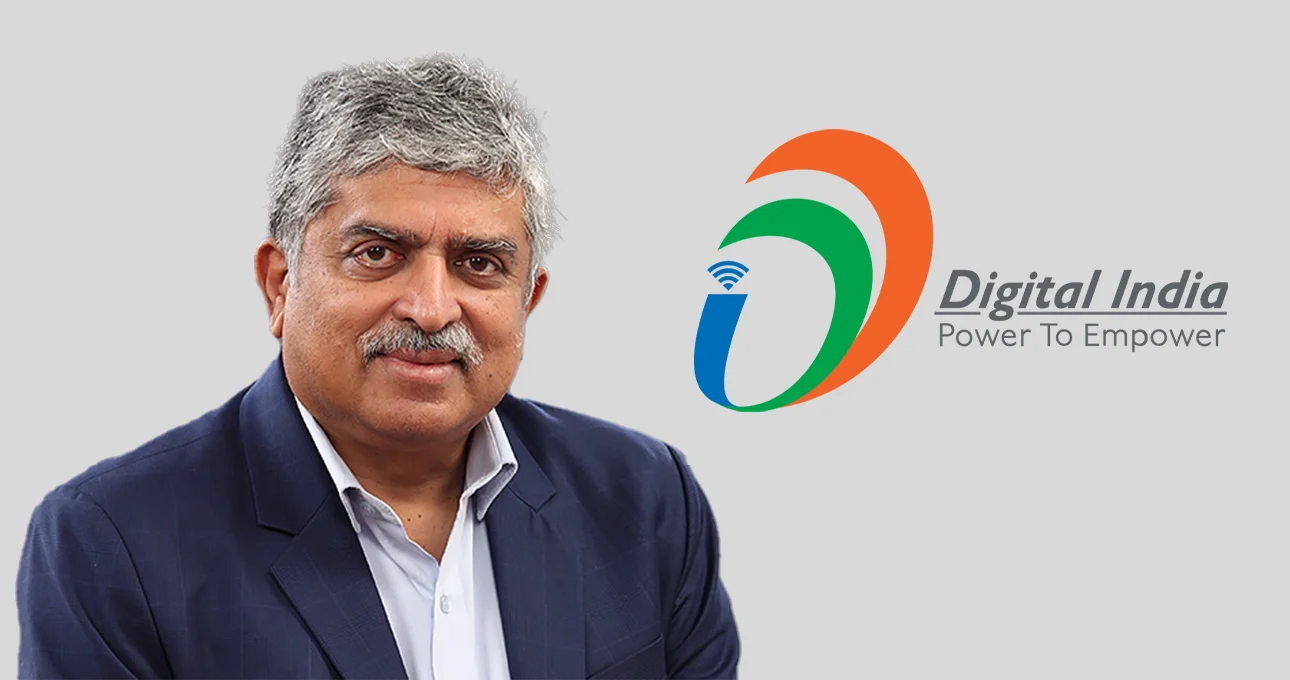Few names stand out as brightly as Nandan Nilekani in the vast landscape of India’s digital transformation. Often described as the architect of India’s digital identity, Nilekani has played a pivotal role in reshaping how over a billion Indians interact with governance, finance, and technology. From co-founding Infosys to engineering Aadhaar and powering India’s digital public infrastructure, his influence spans across generations and industries.
A Visionary Technocrat Who Reimagined Access and Inclusion
Nandan Nilekani’s journey began in the corridors of Infosys, the global IT services giant he co-founded in 1981. But it was his second innings—as the founding chairman of the Unique Identification Authority of India (UIDAI)—that turned him into a household name.
Tasked with the audacious goal of giving every Indian a unique digital identity, Nilekani led the creation of Aadhaar, now the world’s largest biometric ID system. Under his leadership, Aadhaar enrollment surpassed 1.3 billion, becoming a cornerstone of India’s digital governance framework.
This wasn’t just about numbers. Aadhaar enabled millions of citizens to access government benefits, open bank accounts, and authenticate transactions, many for the first time in their lives. It brought inclusion, efficiency, and transparency to the forefront of Indian policy delivery.
Building India’s Digital Public Infrastructure
But Nilekani’s contribution did not stop with Aadhaar. He has been instrumental in the development and promotion of India’s digital public infrastructure (DPI)—a stack of interoperable systems that enable seamless digital services at scale.
Among the most notable of these systems is Unified Payments Interface (UPI), which has transformed India into a global leader in real-time digital payments. Built on top of Aadhaar’s trust layer, UPI now handles over 10 billion transactions monthly, far surpassing volumes in many developed countries.
Additionally, Nilekani’s efforts have powered systems like :
- Direct Benefit Transfer (DBT): Facilitating secure, transparent transfer of subsidies directly into beneficiaries’ accounts.
- DigiLocker: A secure cloud-based platform to store and verify documents digitally.
- ONDC (Open Network for Digital Commerce): A government-backed initiative to democratize e-commerce by giving small businesses a level playing field.
Together, these systems represent India’s tech backbone—a scalable, inclusive digital framework admired and studied globally.
Championing Digital Public Goods
A strong advocate for Digital Public Goods (DPGs), Nilekani’s philosophy centers around building open, inclusive, and privacy-aware systems that serve all citizens equally. His model contrasts starkly with the closed ecosystems prevalent in other parts of the world, where tech is monopolized by a few corporate giants.
He has championed interoperable platforms where innovation thrives, participation is broad-based, and services are universally accessible. His work with the Beckn protocol, designed to facilitate decentralized digital commerce, and involvement in public health and education tech further reinforce this commitment.
A Global Model Rooted in Indian Realities
Nandan Nilekani’s work has not only set a precedent for India but also for the world. The World Bank and numerous international institutions have lauded India’s digital identity and payment infrastructure as a blueprint for other emerging economies.
His contributions earned him accolades from across sectors, but perhaps his greatest legacy is intangible: building trust in technology. By designing systems that are open, citizen-centric, and scalable, he has bridged the gap between governance and innovation.
Conclusion
In a time when digital divides threaten social equity, Nandan Nilekani has shown how technology can be used as a powerful equalizer. From rural villages to urban centers, from banking to e-commerce, his fingerprints are on the tools that define modern India.
As India continues its journey towards becoming a digitally empowered society, Nilekani’s vision remains more relevant than ever: a future where access, identity, and opportunity are not privileges but fundamental rights enabled by technology.


























